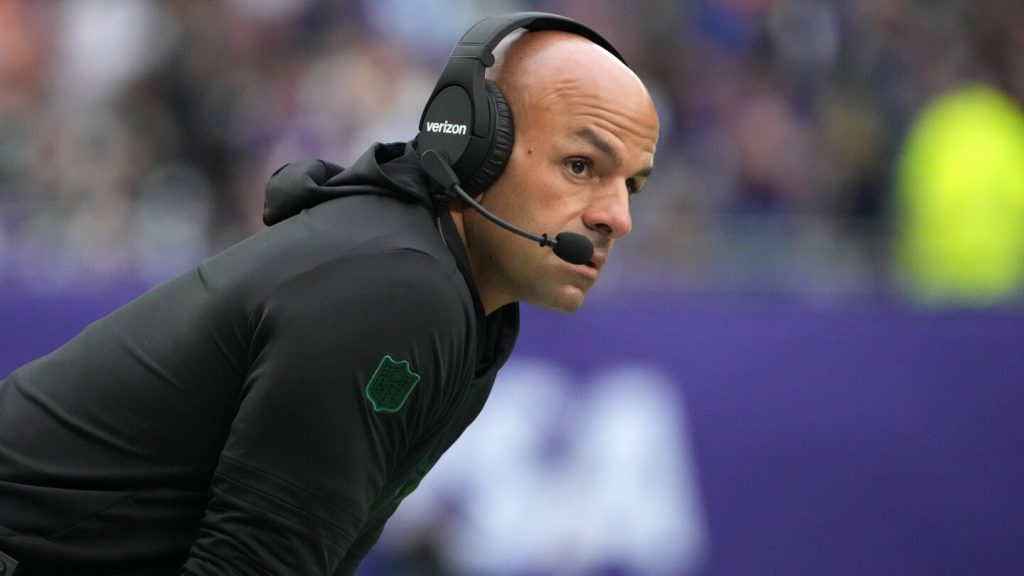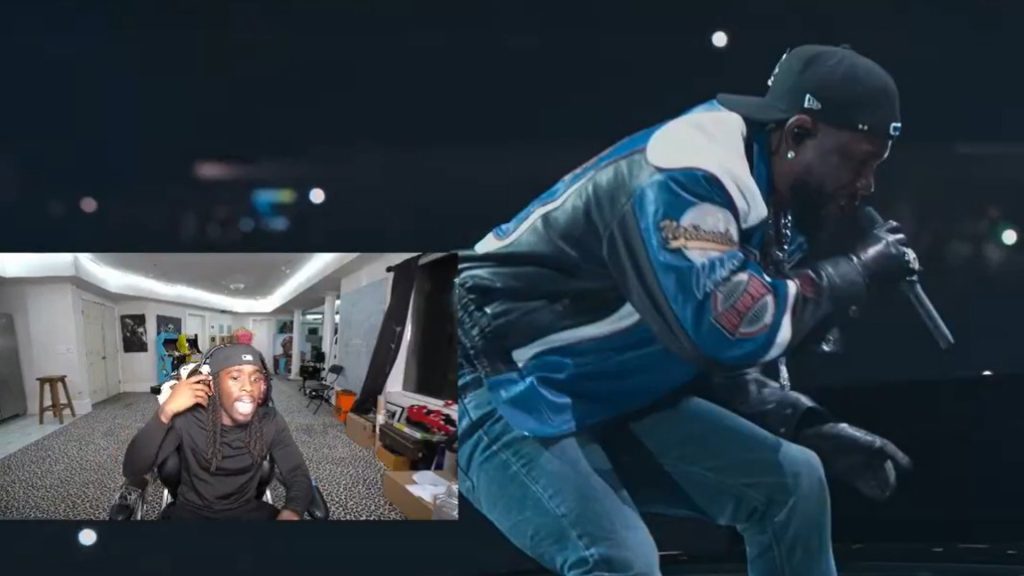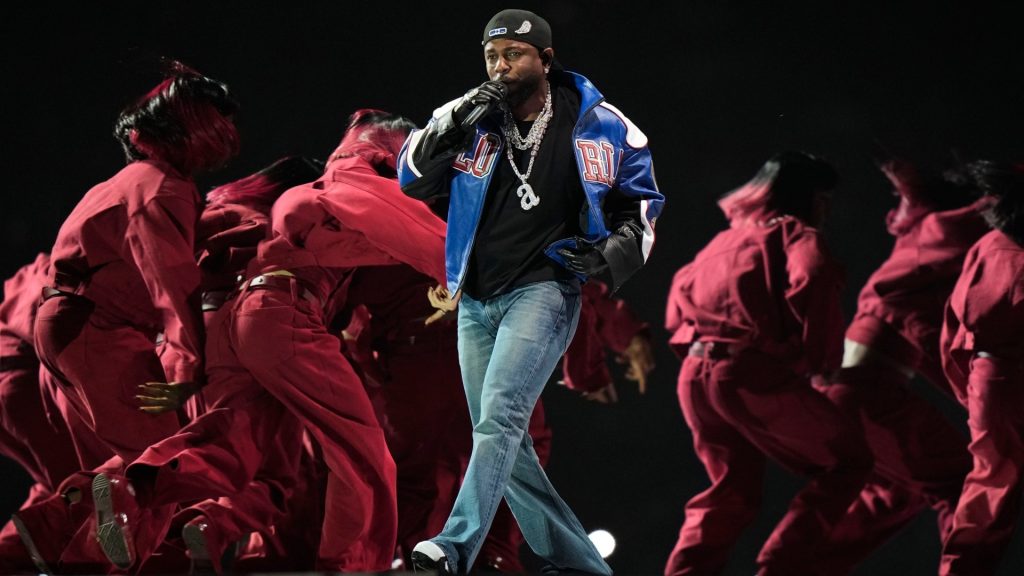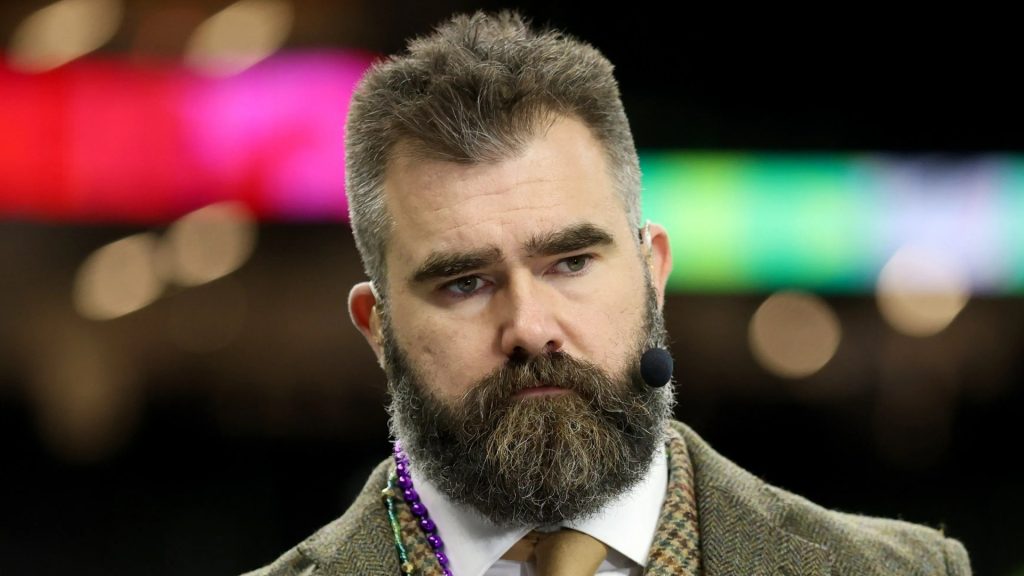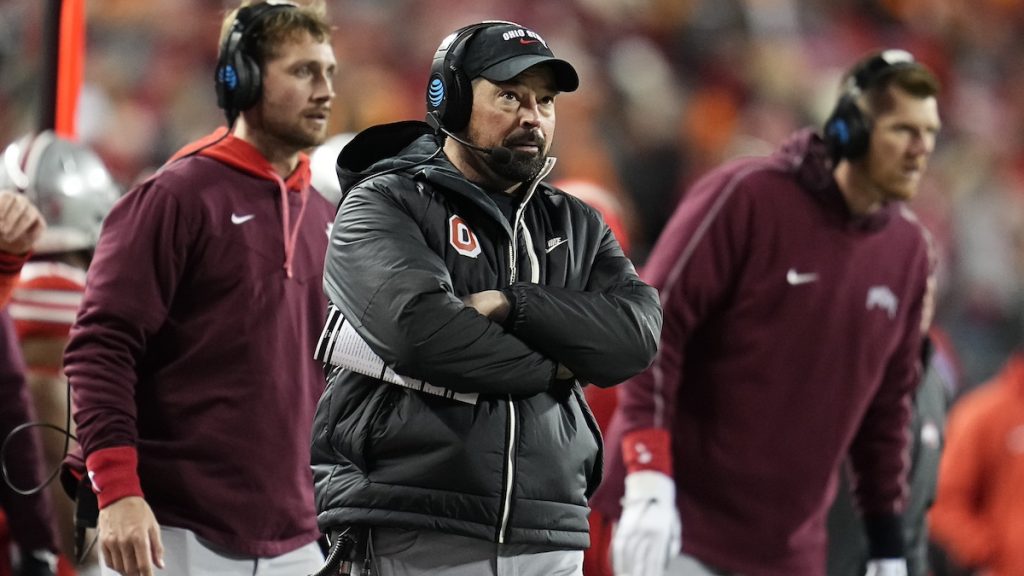Jets’ Unexpected Coaching Decision Raises Eyebrows
The NFL landscape is never short of surprises, but the decision by New York Jets owner Woody Johnson to fire head coach Robert Saleh is particularly perplexing. Just two weeks and five days ago, the Jets stood tall at 2-1, boasting an offense that sparkled with sharpness and efficiency. Quarterback Aaron Rodgers looked not only healthy but positively energetic. Fast forward to present day, and the Jets have staggered to a 2-3 record, igniting questions about the leadership at the helm.
Timing of the Move Shrouded in Confusion
The timing of Saleh’s dismissal could not be more curious. With a pivotal Monday night matchup against the 3-2 Buffalo Bills on the horizon, many in the NFL community are left scratching their heads. Win that game, and the Jets could be back on a path to relevance with a promising 4-3 record looming if they secure a victory against the Pittsburgh Steelers next. In a league where momentum is key, why would the Jets choose this moment of uncertainty to shake up their coaching staff?
The Dilemma of Prime-time Pressure
Consider this: the next couple of games are slated for prime time, broadcasting to a national audience. An interim coach in such a highly visible setting only magnifies the ongoing dysfunction within the organization. Will the Jets rally, or will they crumble under the glaring lights? This precarious situation raises a crucial point: patience could have been the ultimate virtue.
Reflections from NFL’s Legends
Hall of Fame coach Tony Dungy weighed in on the peculiar situation. “I don’t know what the Jets ownership is thinking,” Dungy remarked. “You’re five games into the season, gearing up for a crucial game for first place in your division, and you fire the coach. Just like in 1999, when my Tampa Bay Buccaneers were 2-3 yet went on to reach the NFC Championship. I’m glad I didn’t get fired after Week 5 that year.” Dungy’s insights echo a sentiment felt throughout the league: making such a drastic change at this juncture feels impulsive.
Ownership’s Opportunities for Reflection
A source with extensive coaching experience expressed a thought-provoking observation regarding Johnson’s timing. The fact that Saleh was fired now suggests Johnson may have been contemplating a change after the 2023 season concluded. However, instead of maintaining course, he appears to have acted on the recent perception of declining performance. Is this reactive move a reflection of poor planning? Could waiting a few weeks have yielded a better result?
Uncertain Outcomes Ahead
As the dust settles, some fans are left pondering the ripple effects of this decision. If the Jets eventually find success, could the misguided timing make more sense in hindsight? Or would the team have started winning without this significant shake-up? The future is unpredictable, but one thing is clear: the Jets require a swift remedy if they hope to recover from this slump.
The Future of the Jets Under New Leadership
The Jets now face the critical challenge of rebuilding trust not just within their roster but throughout the fanbase. The players must adapt to a new coaching style, which could take time and lead to more inconsistencies. However, hope still flickers inside the franchise. A few key victories in these upcoming games could breathe new life into the season.
To summarize, while the Jets have shown potential, inconsistency has plagued them, leading to Johnson’s decision. The spotlight is now firmly on the organization’s new direction. The forthcoming match against the Bills may not just be a contest for wins and losses; it could redefine the trajectory of this troubled franchise in a fiercely competitive AFC East.
As fans gear up to watch these upcoming clashes, they’ll be questioning not just the play on the field, but the decisions made off of it. Are the Jets strong enough to weather this storm and emerge as contenders? Or will they continue to fight through dysfunction? The answers await us on the field, and undoubtedly, the excitement of the NFL season presses on!

